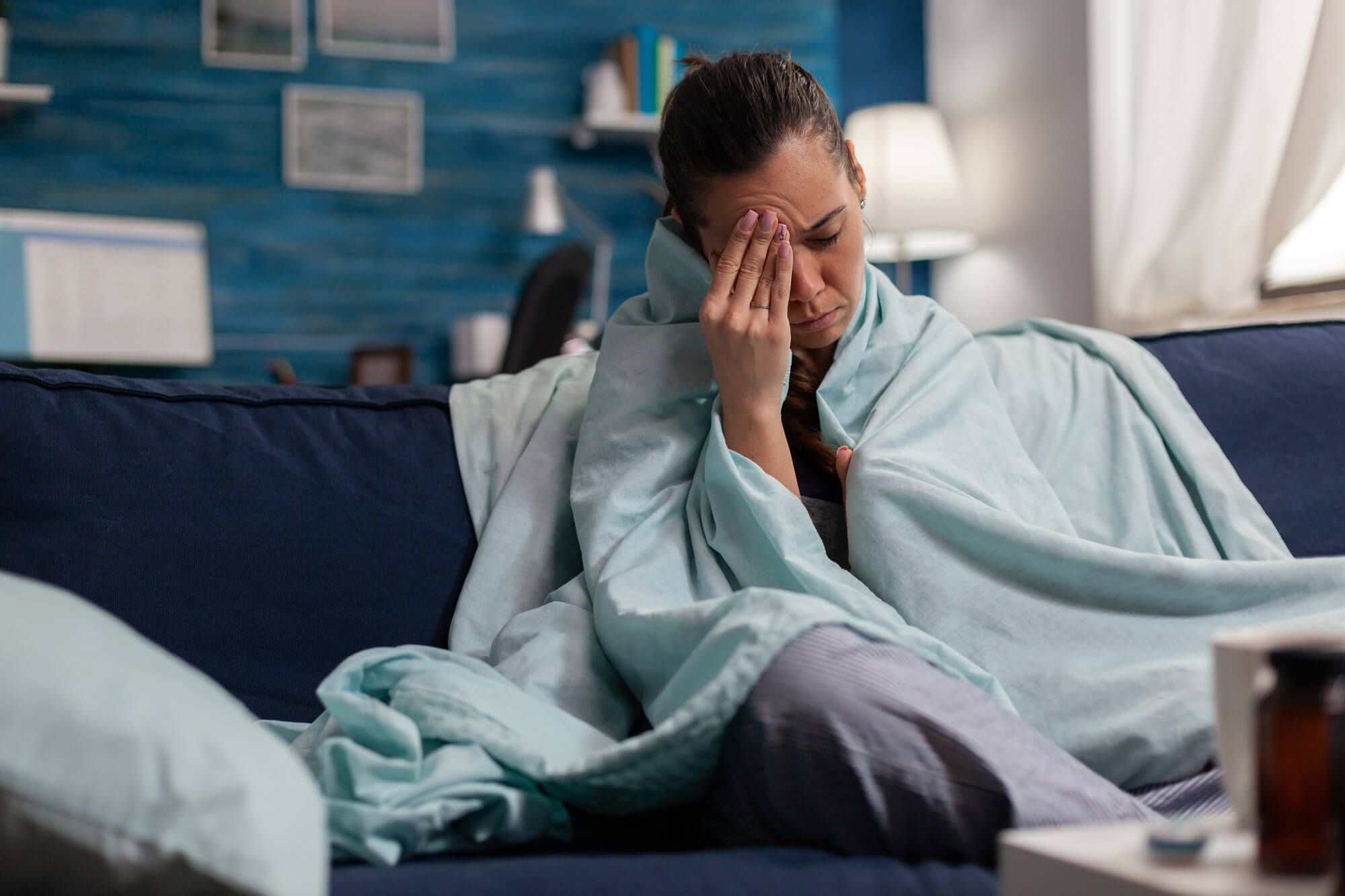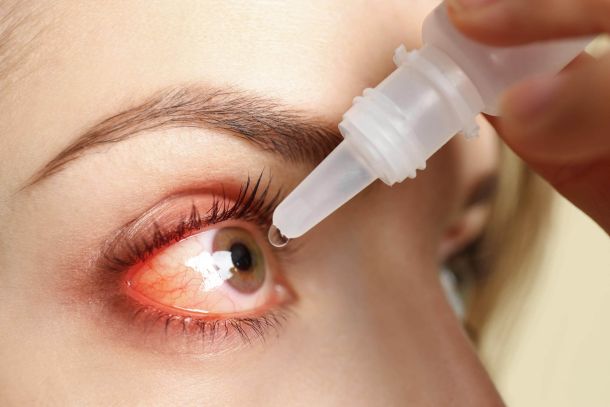Allergy fever: how to spot it and what to do


Eva Zakharova
Many patients wonder if there can be fever in allergies, and what symptoms can accompany such a condition. Yes, allergies can cause fever in both adults and children. In this article, an experienced allergist will talk about the causes of fever, symptoms, and ways to reduce fever in allergies.
Causes of fever in allergies
Does a fever occur with allergies? The answer to this question is yes. Fever is the body's response to an inflammatory process caused by an allergen. During an allergic reaction, the immune system activates to protect the body against the harmful effects of the allergen. This can cause a fever and chills to rise.
Temperatures in allergies usually do not reach high levels, but in some cases may rise to 38 degrees or even higher. Children may have a slightly higher fever than adults.
Symptoms of fever in allergies

With allergies, the fever is usually accompanied by other symptoms. Here are some of them:
- Itching and redness of the skin.
- Rashes.
- Swelling
- Nasal congestion.
- Sneezing.
- Coughing.
- Tearfulness.
- Sore throat.
It is important to remember that a child with allergies may have a higher fever than an adult and may be accompanied by more severe symptoms.
How to reduce the fever in allergies: medicinal and home remedies

If you or your child has an allergy with a fever, it's important to know how to lower it correctly. Here are some medicine and home remedies that may help:
Medication methods
Antihistamines: Tavegil, Zyrtec, Suprastin, Phenistil, etc. They will help relieve allergic symptoms and reduce fever.
Non-steroidal anti-inflammatory drugs (NSAIDs): Ibuprofen, Nurofen, Naise. These drugs can reduce fever and relieve pain.
Glucocorticoids: Prednisolone, Hydrocortisone. Used in cases of severe allergic reactions and high fever.
Home remedies
Drink lots of fluids: warm tea, water, compotes, morsels. It will help to restore the water-salt balance and lower the temperature.
Cool compresses on the forehead, wrists and hamstrings to help lower the temperature.
Ventilating the room and keeping the air at a comfortable temperature.
Resting in bed and reducing physical activity.
When to see a doctor

If the temperature in allergies does not drop for a long time, accompanied by severe symptoms or rises above 38-39 degrees, it is necessary to consult a doctor. It is also worth consulting a specialist if the child has a high temperature, as it may be indicative of the development of complications or an infectious process.
Fever in allergies is possible in both adults and children. It is a consequence of an inflammatory process and may be accompanied by other allergic symptoms. The fever may be reduced by medication and home methods. It is important to see a doctor if the fever persists for a long time. is not reduced or is accompanied by severe symptoms.
In addition to the above treatments, it is important to eliminate contact with the allergen that caused the reaction. In some cases, your doctor may prescribe a course of allergen-specific immunotherapy, which can help prevent future allergic reactions.
Maintain a healthy lifestyle, avoid triggers for allergies, and follow your doctor's recommendations. This way, you can control your allergy symptoms and avoid a fever with allergies. Take care of your health and the health of your loved ones, and don't forget to see a specialist when you have problems.
Related Materials
New materials
Popular Articles
We recommend reading
Contact us in the Contact Us section to ask questions, offer ideas, or for more information about our allergy resource.
Our articles are your trusted source of allergy knowledge. Learn how to make life with allergic reactions easier on our specialized portal.
©
Lechenie-Allergii.com. All rights reserved.
© Lechenie-Allergii.com. All rights reserved.
The information on this site is for informational purposes only and is not a substitute for professional medical advice. We recommend consulting with qualified medical professionals for accurate information and advice.
 English
English  Українська
Українська  Русский
Русский 









